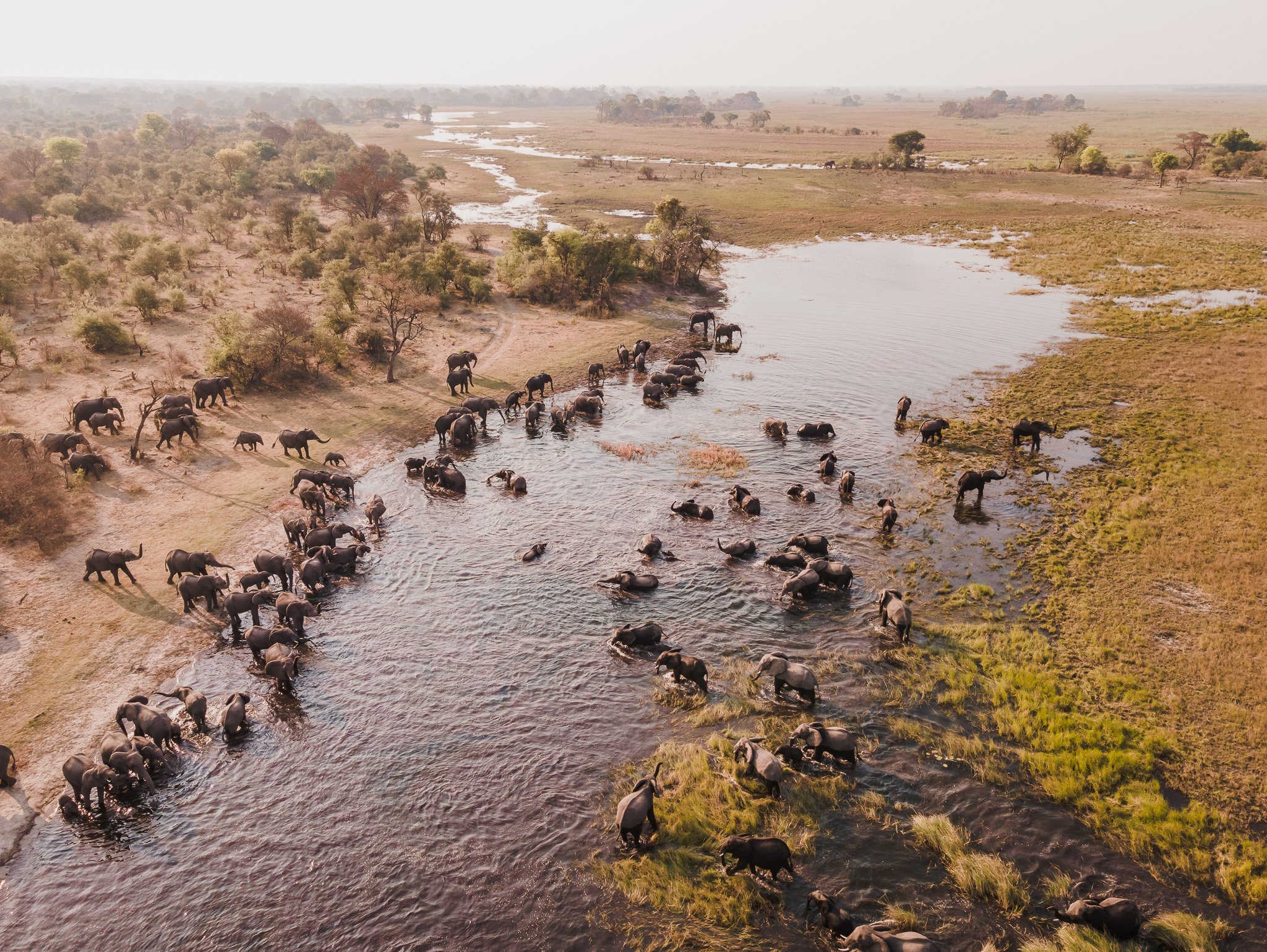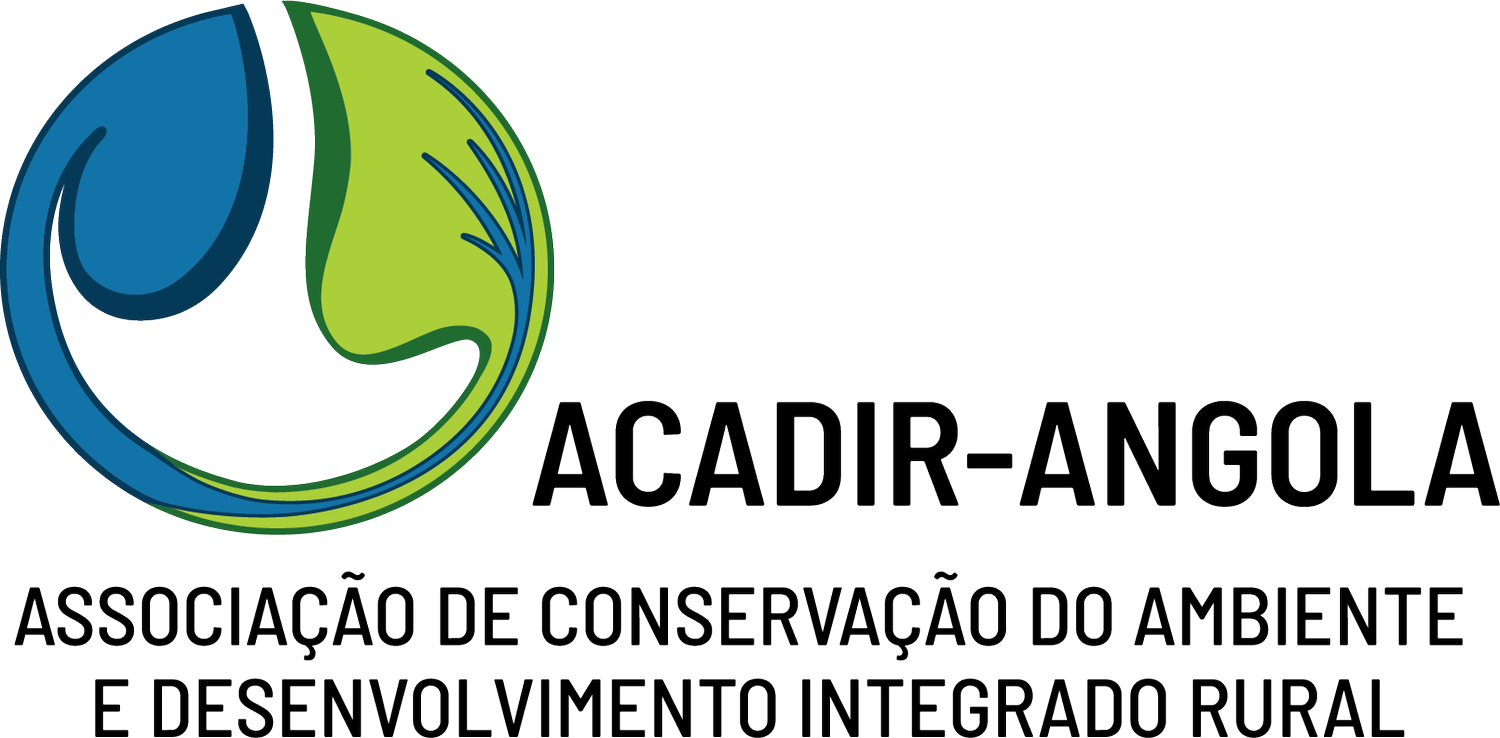
Building resilience for
People and Nature in Angola
Promoting community conservation and livelihoods
The Association for the Conservation of the Environment and Integrated Rural Development (ACADIR - Associação de Conservação do Ambiente e Desenvolvimento Integrado Rural) is the first and only locally-led NGO spearheading community conservation efforts on a significant scale in southern Angola’s Cuando-Cubando province. This region is a key landscape in the Kavango–Zambezi Transfrontier Conservation Area (KAZA TFCA), one of the world’s largest transboundary conservation areas. KAZA is home to the largest contiguous population of African elephants on earth, along with a wealth of other wildlife and spectacular ecosystems, including the Okavango Delta and Victoria Falls.
With unrivaled knowledge of the region and the communities, we have spent the last two decades helping people of this remote area engage in community-based conservation efforts that improve their livelihoods and protect and restore nature. We have introduced conservation agriculture techniques and improved local fisheries management, wildlife monitoring, and river basin management.

Our work
Strengthening community rights and institutions
In Angola, there is an overall lack of recognition of community rights over land and resources. We’re working to change this, using the unique experience accumulated over the years. We support communities in organizing themselves into representative institutions to access rights over their resources and strengthen their governance capabilities.
Championing conservation agriculture
Decades of war, exploitation of natural resources and climate change have contributed to food insecurity in many communities. We have helped over 750 farmers from 11 villages to increase certain crop yields by 87%, improving nutrition and increasing direct income to families living in and around the Luengue Luiana Park.
Improving fisheries
Many communities in the Cuando Cubango province rely on fishing as their main livelihood activity. For people to benefit from fisheries resources in the long term, we decided to implement more sustainable fishing methods.
Our efforts are not only helping fishers catch more fish for their nutrition and economic income, they’re also helping to restore freshwater resources.
Restoring nature and wildlife
Because the communities living in Cuando Cubango are highly dependent on natural resources for their livelihoods, one of our priorities is to equip them with the skills and tools to lead the management of natural resources found across the ecosystem, including coordinating important transboundary partners across the KAZA region.
“Building on lessons from the past and looking confidently into the future, ACADIR is focusing on its institutional capacity to better support rural communities and wildlife. Our new Strategic Plan lays out our ambitious plans for the next several years.”
— José Neto, President, ACADIR














